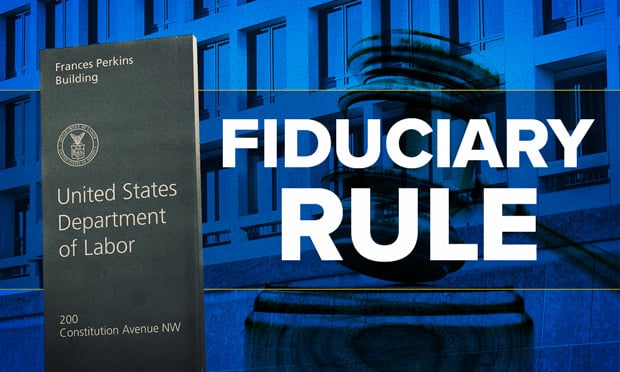(Bloomberg) -- New Jersey’s total debt climbed 6.5 percent to $84.9 billion in the last fiscal year, largely because of rising obligations for pensions and retiree benefits.
Bond debt increased less than 1 percent to $41.8 billion in the year ended June 30, according to an annual debt report released on Friday. Other obligations, which mostly consist of pensions and post-employment benefits, climbed 12.6 percent to $43 billion.
The report shows that for the first time, New Jersey’s non-bond
obligations exceed its issued debt.
Governor Chris Christie, a Republican, has said his 2011 pensions
and benefits overhaul didn’t go far enough to contain costs, and
has called for more unspecified cuts. New Jersey’s swelling pension
obligations have contributed to eight credit-rating downgrades
under Christie, a record for a chief executive of the state.
“Despite real reforms that reduced aspects of our long term debt, post-retirement pension and health benefits continue to be unsustainable,” said Joseph Perone, a spokesman for the state Treasury Department. “Substantial reform in this area is necessary so that our debt can be made more affordable.”
Complete your profile to continue reading and get FREE access to BenefitsPRO, part of your ALM digital membership.
Your access to unlimited BenefitsPRO content isn’t changing.
Once you are an ALM digital member, you’ll receive:
- Critical BenefitsPRO information including cutting edge post-reform success strategies, access to educational webcasts and videos, resources from industry leaders, and informative Newsletters.
- Exclusive discounts on ALM, BenefitsPRO magazine and BenefitsPRO.com events
- Access to other award-winning ALM websites including ThinkAdvisor.com and Law.com
Already have an account? Sign In
© 2024 ALM Global, LLC, All Rights Reserved. Request academic re-use from www.copyright.com. All other uses, submit a request to [email protected]. For more information visit Asset & Logo Licensing.







